1. Triggers of vertigo - Meniere's Disease
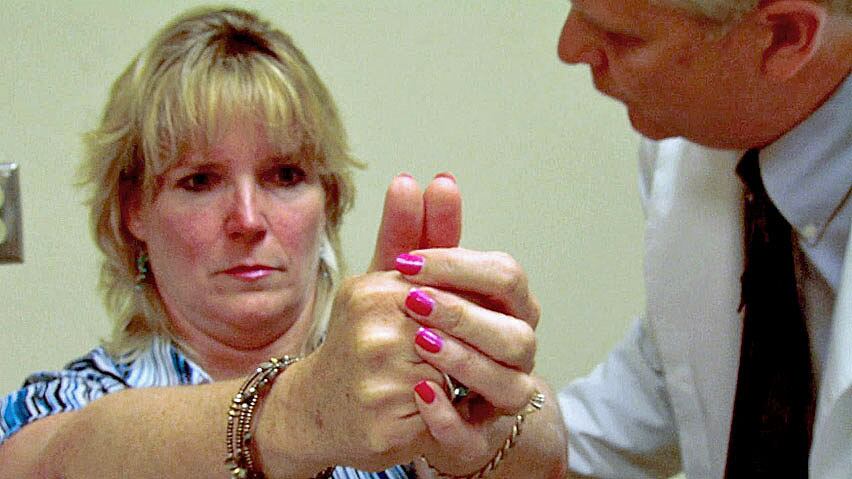
Image source: Reddit
Meniere's disease affects the inner ear and is characterized by episodes of vertigo, hearing loss, tinnitus (ringing in the ears), and a feeling of fullness in the affected ear. Triggers may include stress, dietary factors (such as high salt intake), and changes in fluid balance within the inner ear.
2. Labyrinthitis - it regularly comes and goes
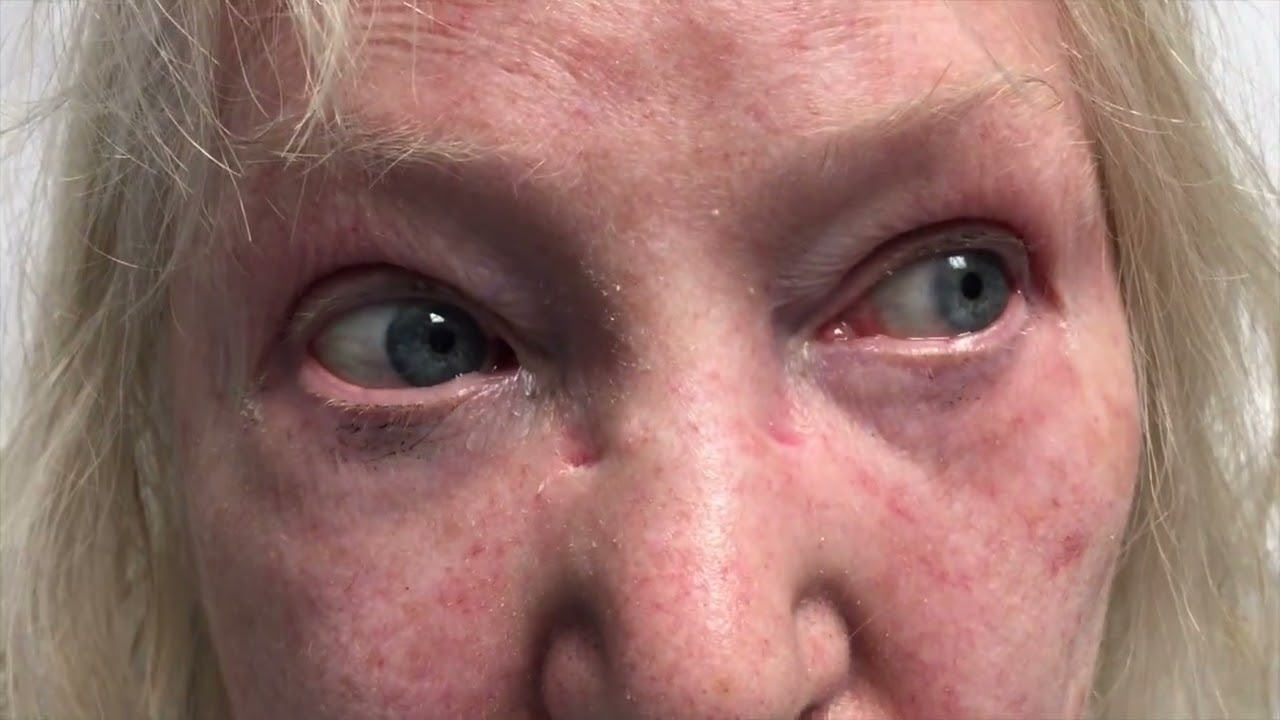
Image source: Reddit
Vestibular neuritis and labyrinthitis are conditions characterized by inflammation of the vestibular nerve or inner ear structures, respectively. Viral infections, such as the herpes virus or respiratory infections, commonly trigger these conditions.
3. A certain type of migraine
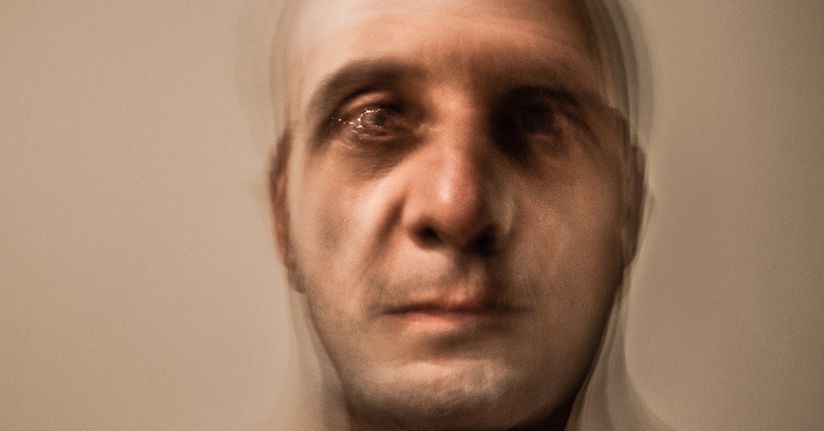
Image source: Quora
Vestibular migraines are a particular type of migraine headache that includes vertigo or dizziness as one of the prominent symptoms. Triggers for vestibular migraines may include certain foods, high stress levels, hormonal changes, and sensory stimuli.
4. Side effects from medication
 Image source: Insider
Image source: Insider
Some medications, including certain antibiotics, antidepressants, and anticonvulsants, can cause vertigo as a side effect. It's essential to consult with a healthcare provider if you experience vertigo after starting a new medication. This will also put your mind at rest.
5. A head injury could be the cause
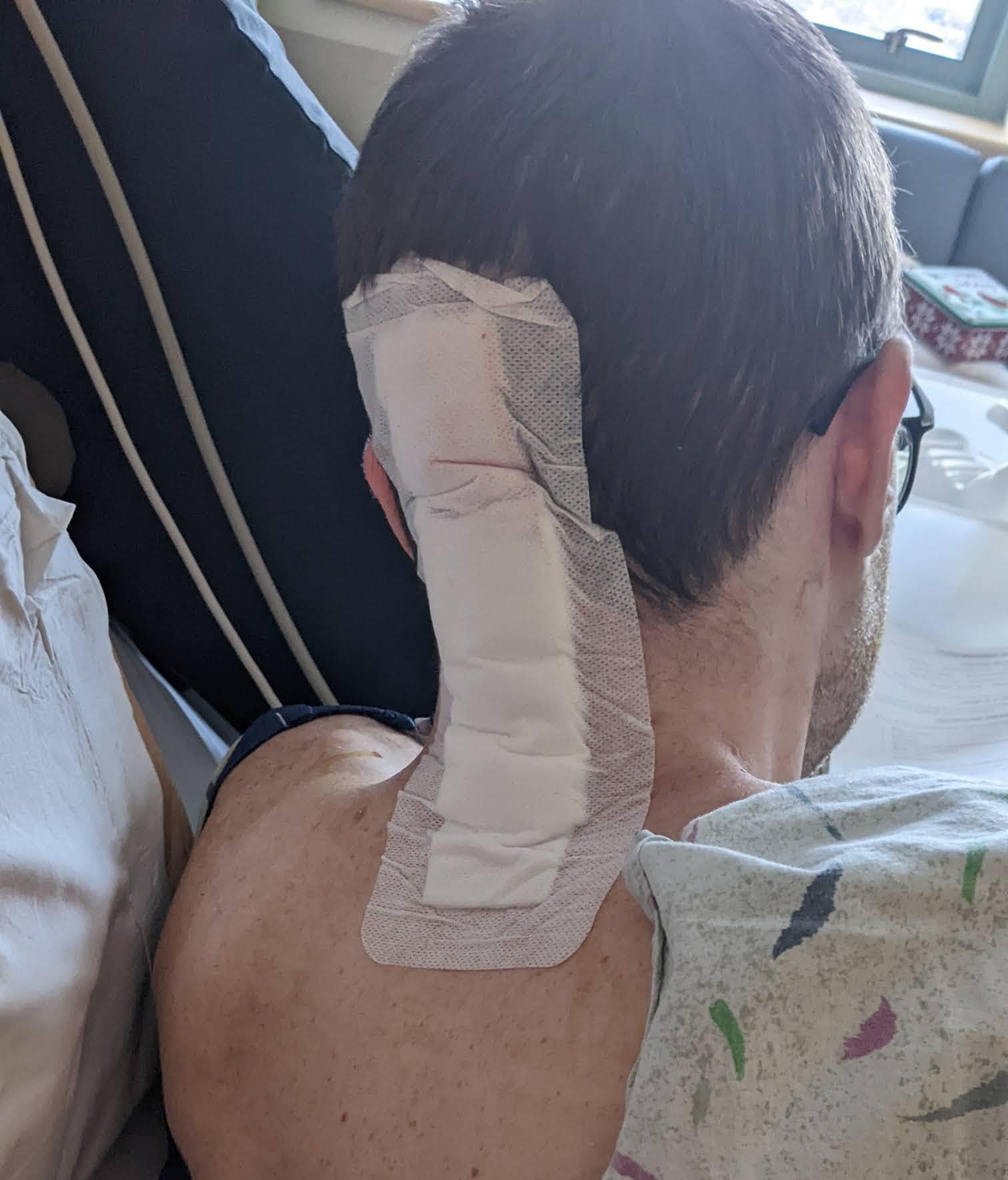 Image source: Reddit
Image source: Reddit
Traumatic brain injuries, concussions, and other head traumas can damage the inner ear structures or disrupt signals to the brain responsible for balance. Vertigo may develop immediately following the injury or manifest later as a post-concussion symptom.
6. Anxiety disorders can bring on vertigo symptoms
 Image source: Reddit
Image source: Reddit
Anxiety and panic disorders can lead to uncomfortable and worrying symptoms such as hyperventilation, increased heart rate, and dizziness or vertigo. Stressful situations or environments can trigger episodes of vertigo in individuals with anxiety disorders.
7. B
enign paroxysmal positional vertigo (BPPV)
Image source: Reddit
BPPV occurs when tiny calcium carbonate crystals in the inner ear become dislodged and enter the semicircular canals, leading to vertigo with specific head movements. Common triggers include changes in head position, such as rolling over in bed or looking up.
8. Being dehydrated
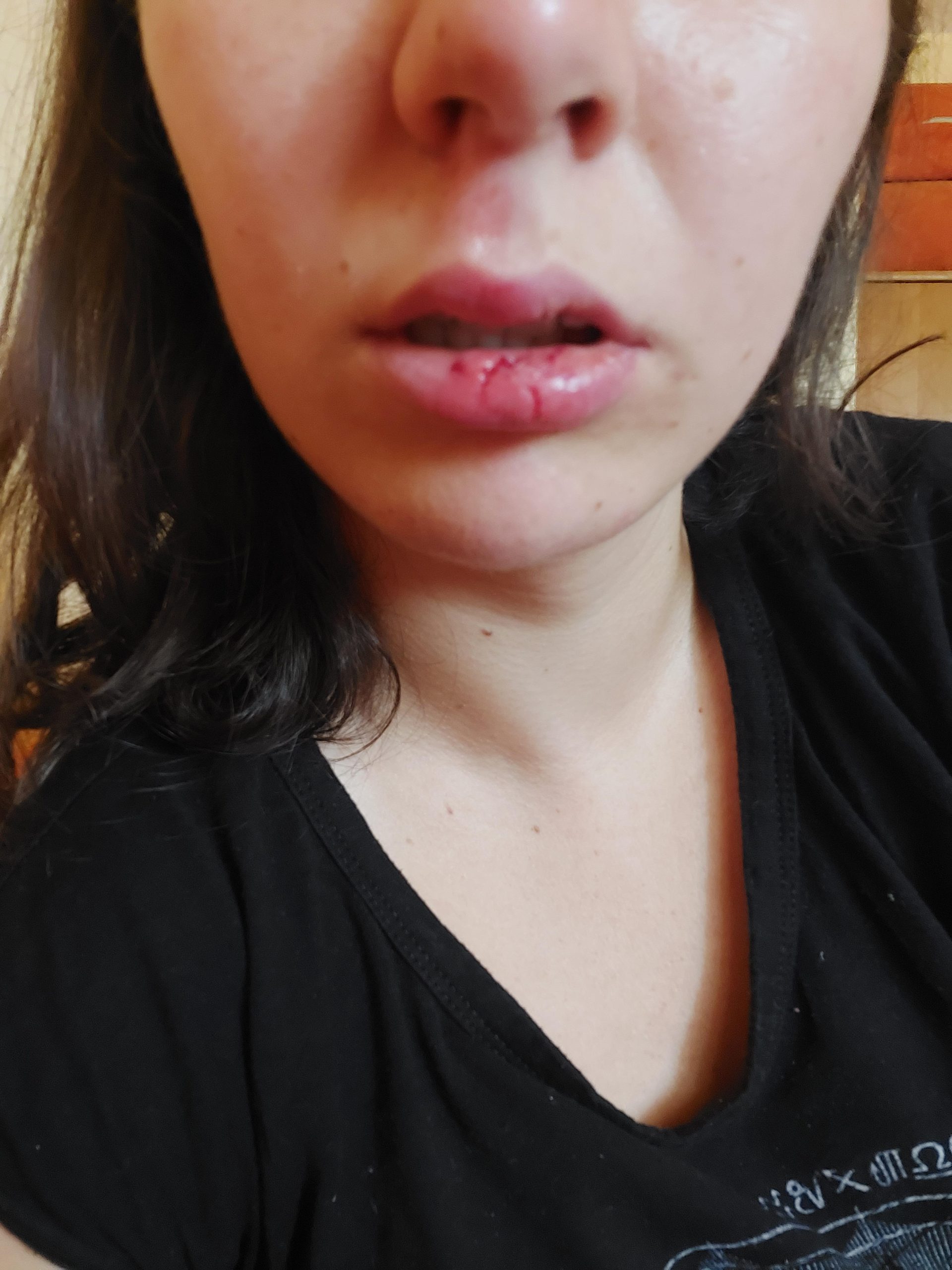
Image source: Reddit
Dehydration can lead to reduced blood volume and blood pressure, affecting circulation to the brain and inner ear. Symptoms of dehydration may include dizziness, lightheadedness, and in severe cases, vertigo. Get int the habit of regularly sipping water if you can't gulp a glass of it down.
9. Low blood pressure
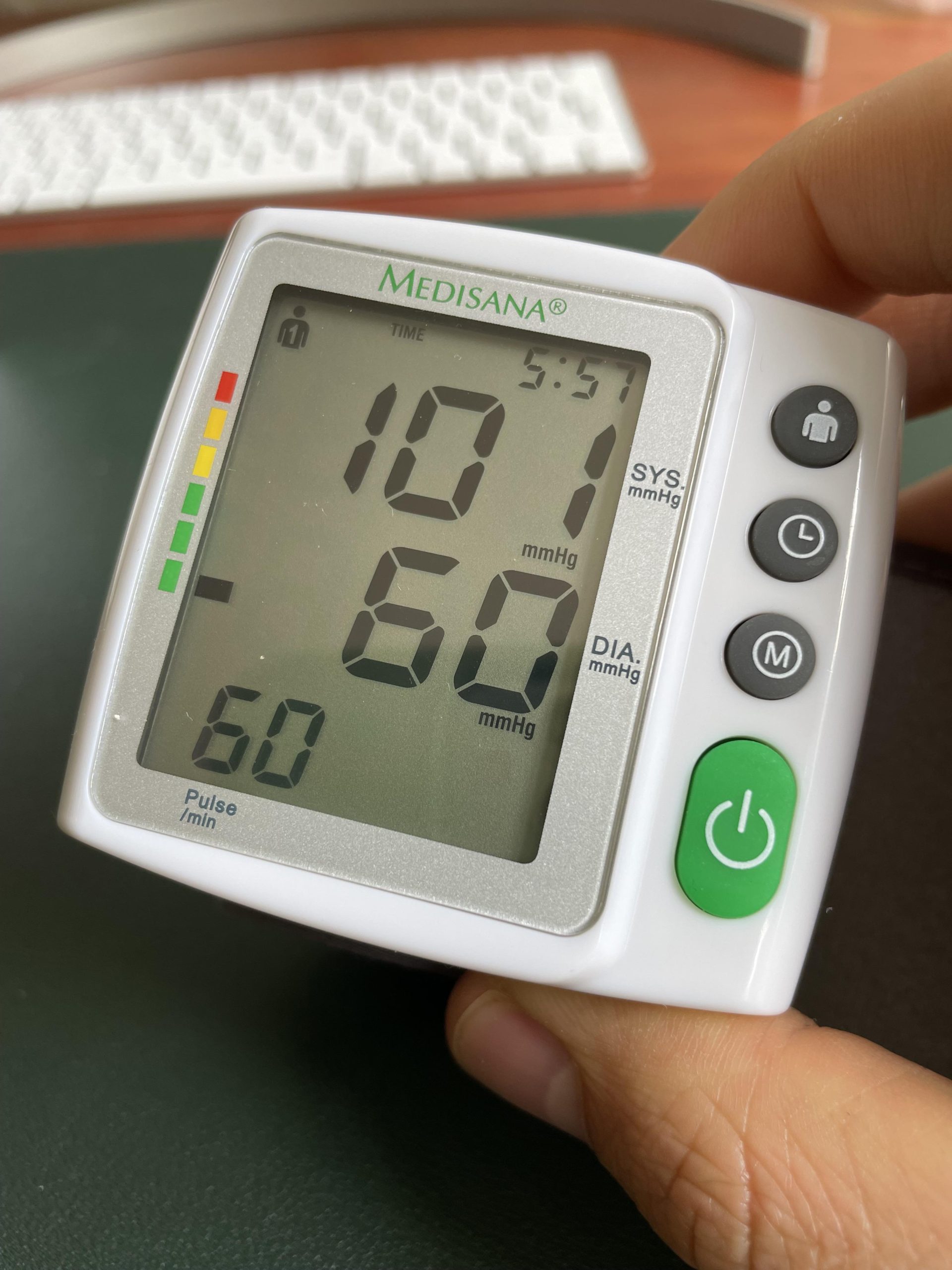 Image source: Reddit
Image source: Reddit
Sudden drops in blood pressure, especially when transitioning from lying down to standing up (orthostatic hypotension), can cause feelings of lightheadedness and vertigo. Dehydration, certain medications, and underlying health conditions can contribute to low blood pressure.
10. Too much alcohol

Image source: Reddit
We know already that too much alcohol is bad for us. Excessive alcohol consumption can disrupt the function of the inner ear, impairing balance and coordination. Alcohol-induced dehydration and changes in blood flow to the brain may contribute to vertigo during or after drinking.
11. Inner ear disorders
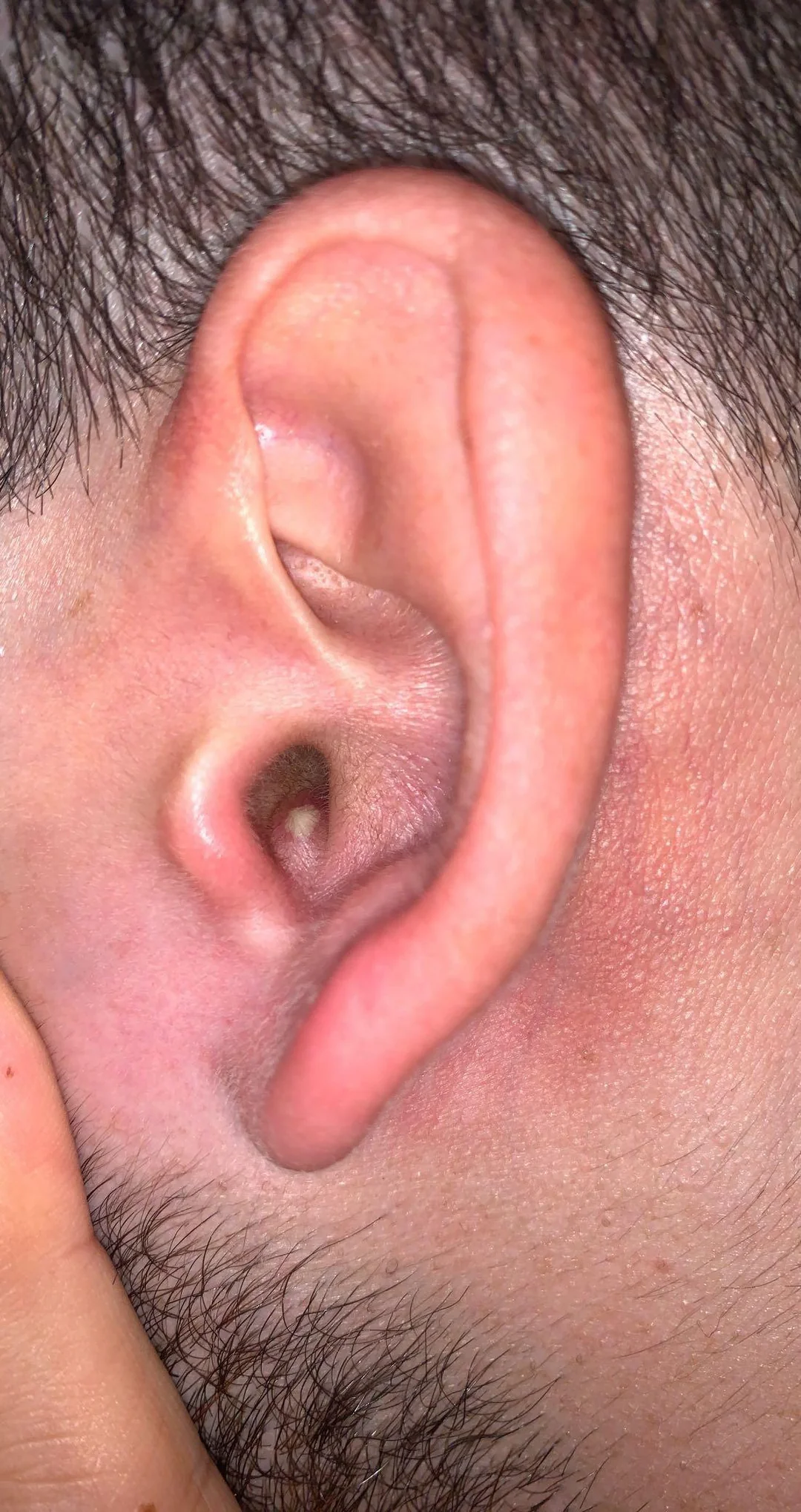
Image source: Reddit
Inner ear disorders such as perilymphatic fistula, enlarged vestibular aqueduct syndrome, and superior canal dehiscence syndrome can disrupt the normal function of the vestibular system, leading to vertigo. Structural abnormalities or abnormalities in the fluid-filled chambers of the inner ear may cause vertigo episodes.
12. Otosclerosis in the middle ear
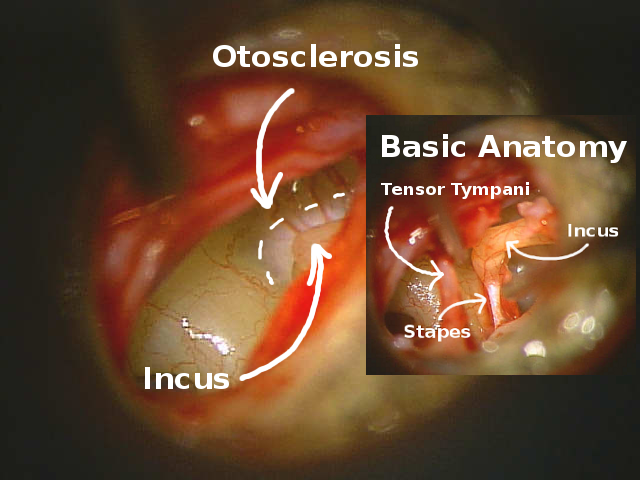
Image source: Tampa Hearing
Otosclerosis is a condition characterized by abnormal bone growth in the middle ear, which can interfere with the transmission of sound waves and affect balance. Vertigo may occur as a result of changes in pressure within the inner ear or disruption of vestibular function.
13. Hormonal changes over the years
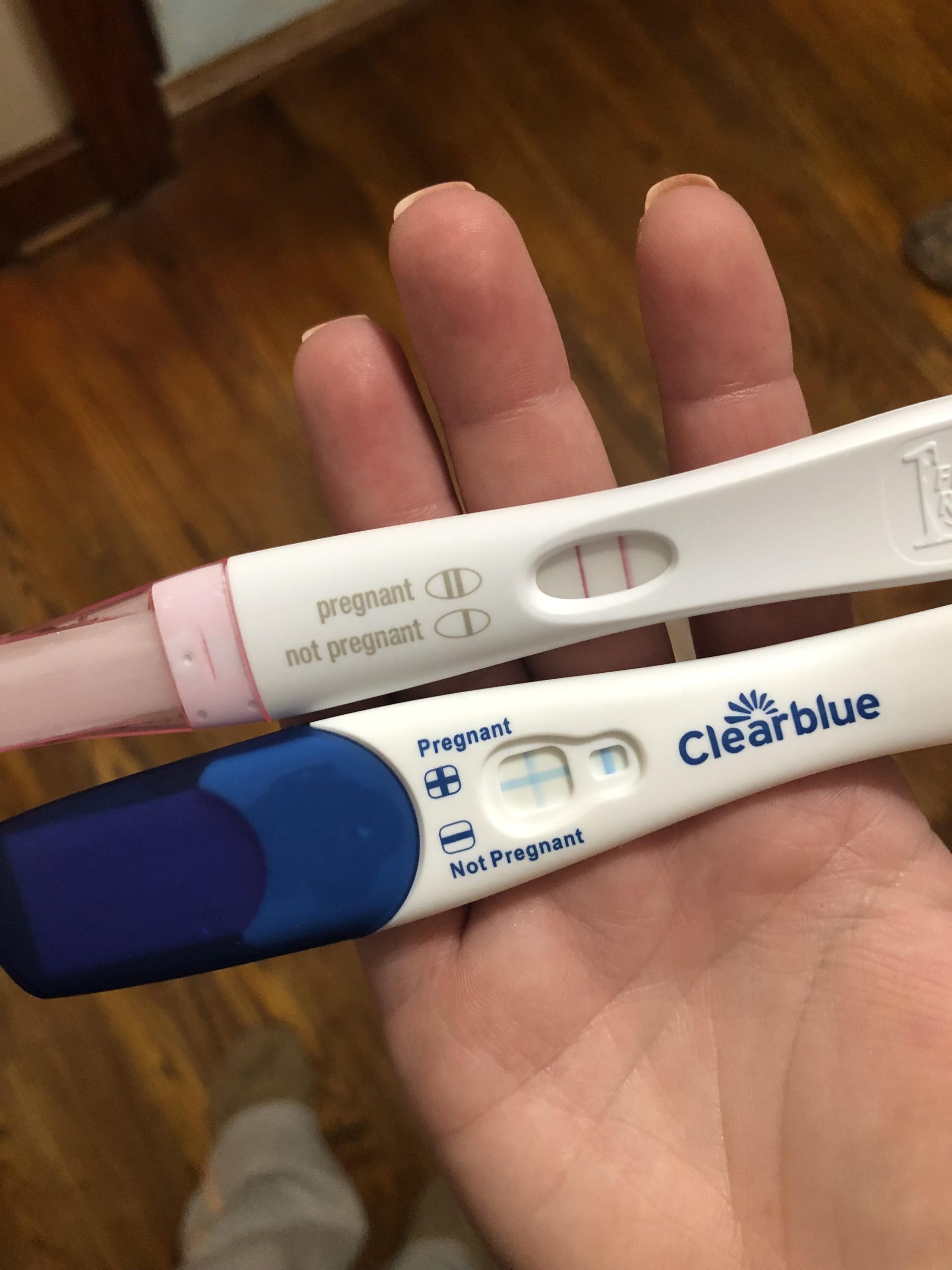 Image source: Reddit
Image source: Reddit
Hormonal fluctuations, such as those occurring during menstruation, pregnancy, menopause, or hormonal therapy, can influence fluid balance, blood flow, and neurotransmitter levels in the inner ear and brain. Some individuals may experience vertigo as a symptom of hormonal imbalance or sensitivity to hormonal changes.
14. Motion sickness in those with sensitivity
 Image source: Vox
Image source: Vox
Motion sickness occurs when there is a disconnect between visual input and signals from the vestibular system, typically during travel by car, boat, airplane, or amusement park rides. Symptoms of motion sickness may include nausea, vomiting, dizziness, and vertigo, especially in susceptible individuals.
15. Mal de Debarquement Syndrome (MdDS)

Image source: Reddit
MdDS is a rare disorder characterized by persistent feelings of rocking, swaying, or bobbing sensation, typically following a period of motion such as a cruise or airplane travel. The exact cause of MdDS is not fully understood, but it is thought to involve maladaptation of the vestibular system to changes in motion stimuli.
16. Food sensitivities can exacerbate vertigo symptoms
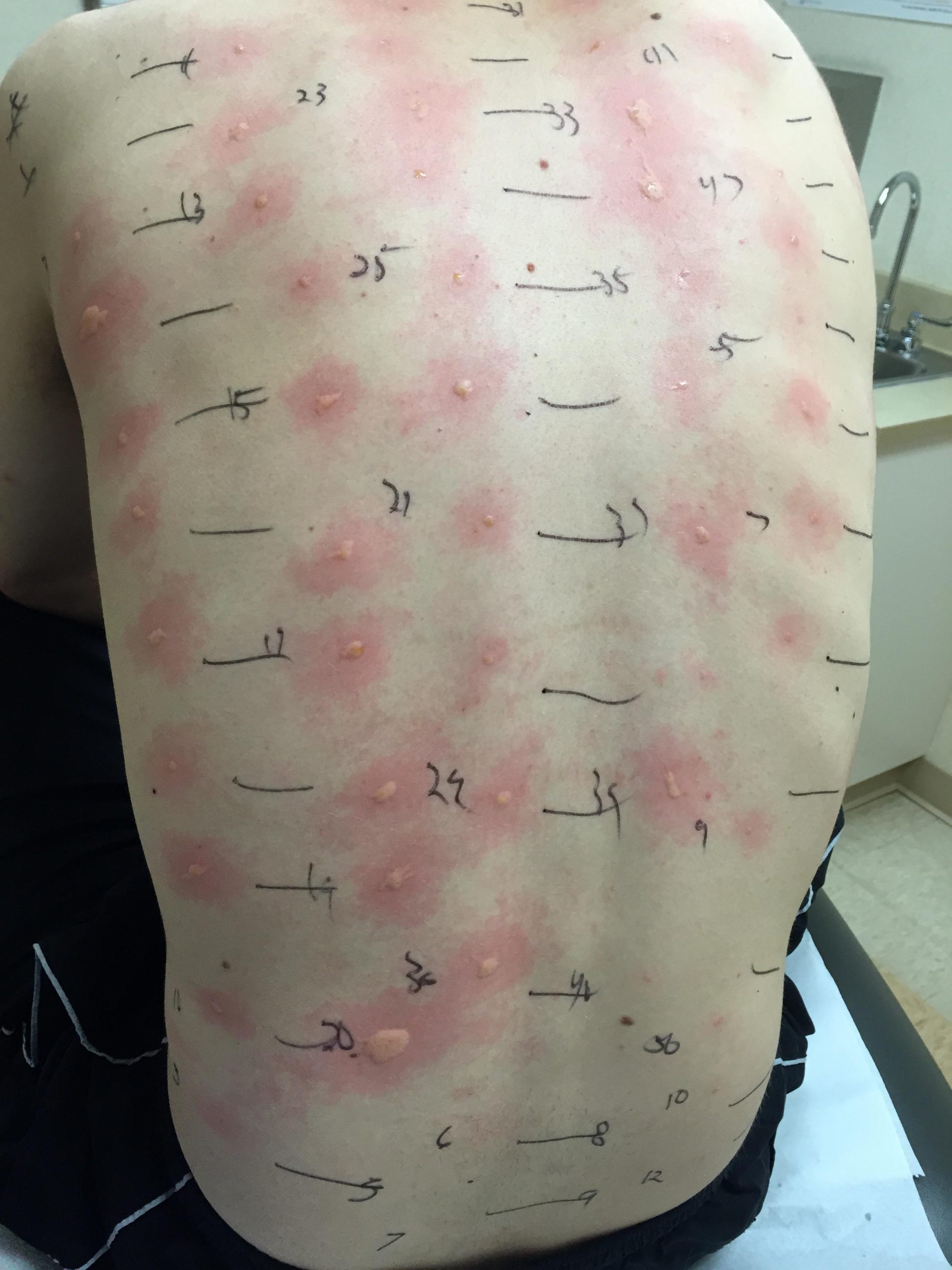 Image source: Reddit
Image source: Reddit
Certain foods and food additives, such as monosodium glutamate (MSG), artificial sweeteners, and histamine-containing foods, may trigger vertigo or exacerbate existing symptoms in sensitive individuals. Keeping a food diary and identifying potential trigger foods can help individuals manage vertigo associated with dietary sensitivities.
17. Environmental toxins in the air

Image source: Reddit
Exposure to environmental toxins, pollutants, and chemicals may adversely affect the vestibular system and contribute to vertigo symptoms. Common sources of environmental toxins include industrial chemicals, heavy metals, pesticides, and airborne pollutants.
18. Cervical spine disorders can lead to dizziness
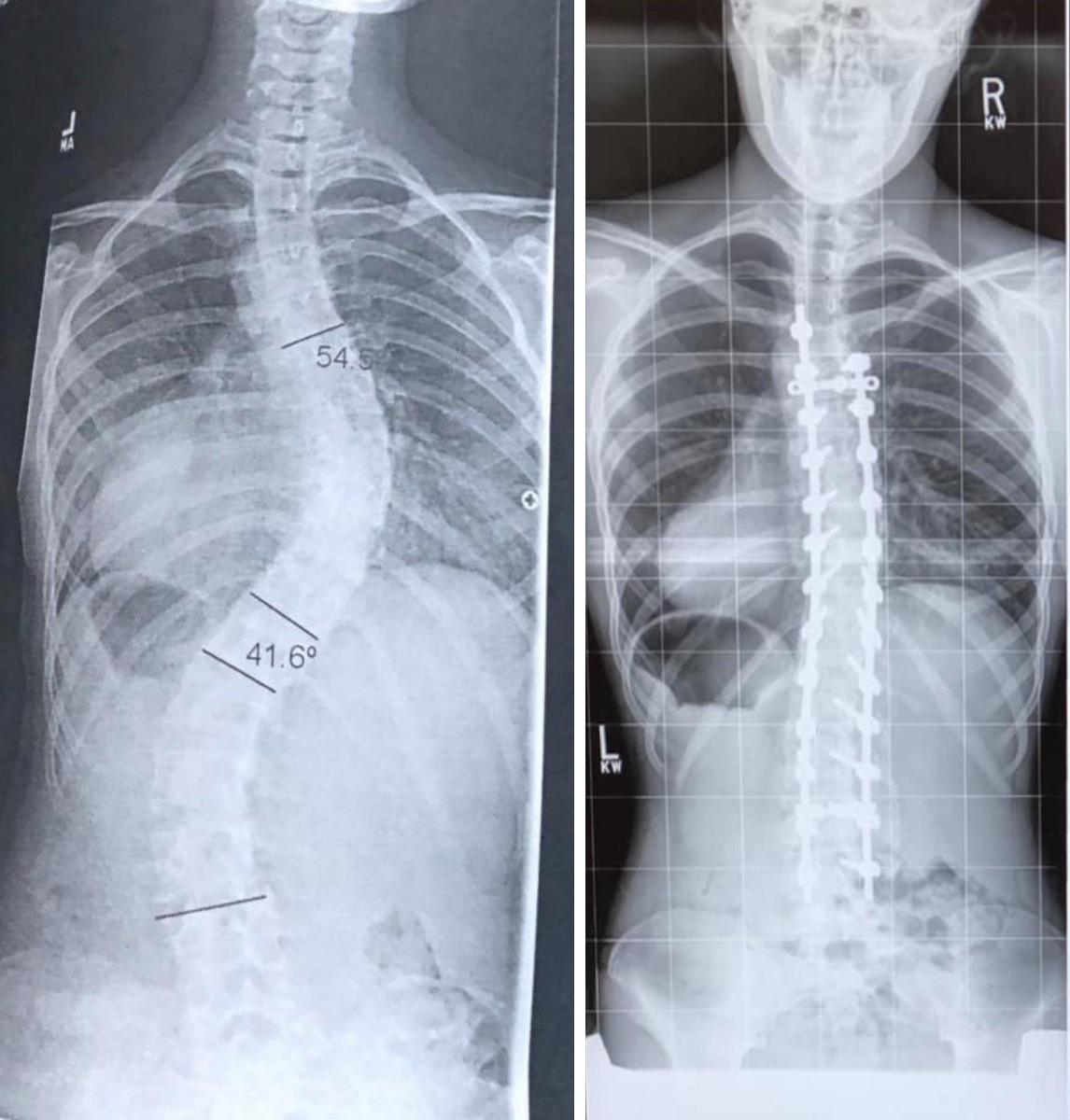 Image source: Reddit
Image source: Reddit
Cervical spine disorders, including cervical spondylosis, cervical radiculopathy, and cervical vertigo, can compress or irritate cervical nerves and blood vessels, leading to vertigo and dizziness. Structural abnormalities, degenerative changes, and cervical spine injuries may disrupt the proprioceptive feedback necessary for maintaining balance and spatial orientation.
19. Menstrual migraines are a pain!
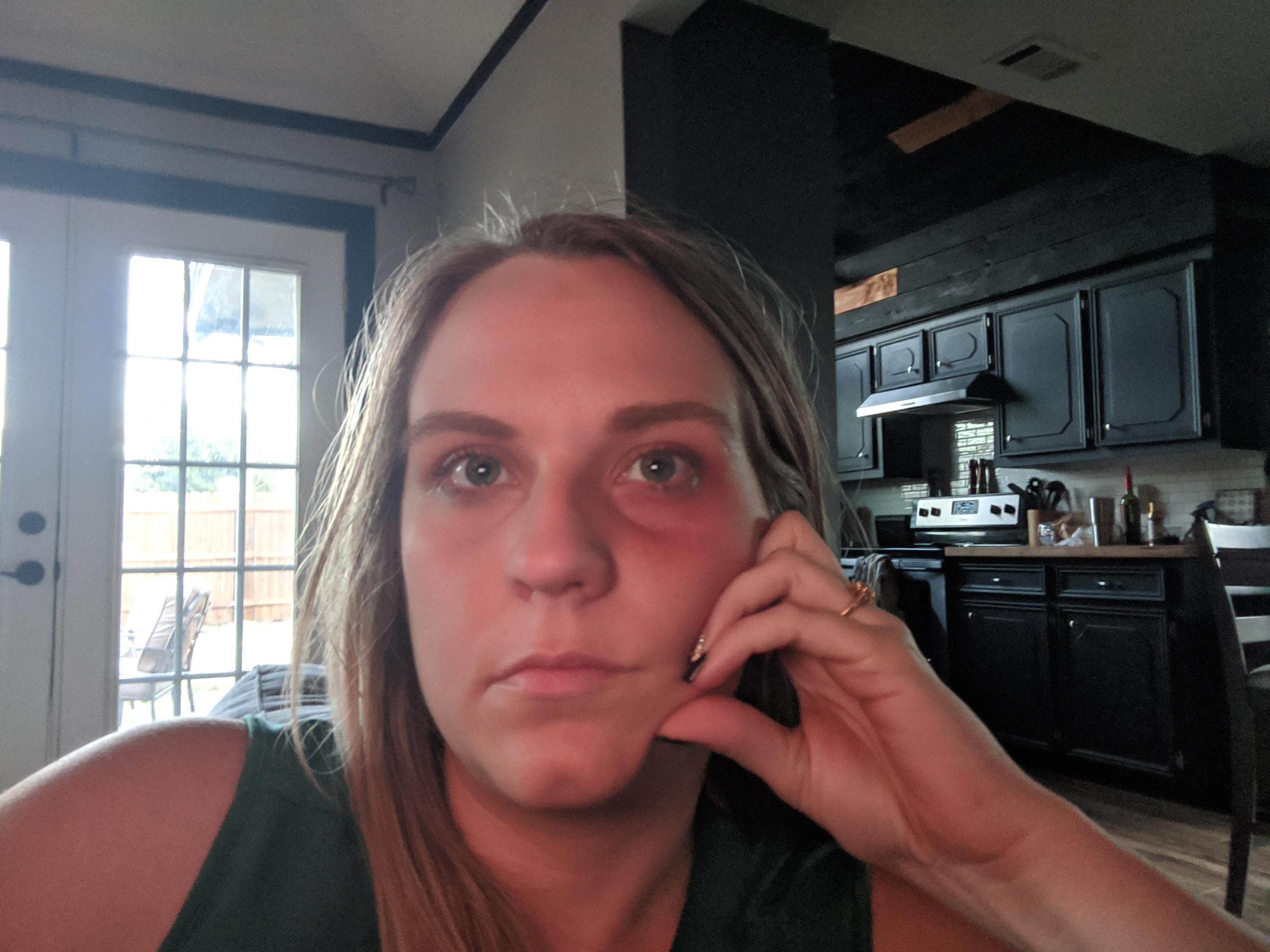
Image source: Reddit
Some women may experience vertigo as a symptom of menstrual migraines, which are migraines that occur in association with the menstrual cycle. Fluctuations in oestrogen and other hormones during the menstrual cycle may trigger vertigo attacks in susceptible individuals.
20. Down to family history

Image source: Reddit
Genetic factors may play a role in predisposing individuals to certain vestibular disorders and conditions associated with vertigo. Family history of vestibular disorders or balance problems may increase the risk of developing vertigo in genetically susceptible individuals.
21. Smoking - yet another good reason to quit
 Image source: Reddit
Image source: Reddit
Smoking, besides other ailments, can contribute to poor circulation and vascular issues, potentially affecting blood flow to the inner ear. Nicotine and other chemicals in cigarettes may also have direct effects on the vestibular system, increasing the risk of vertigo.
22. Stress may trigger vertigo

Image source: Reddit
Chronic stress can trigger or exacerbate vertigo symptoms by affecting neurotransmitter levels, blood pressure, and muscle tension. Stress reduction techniques such as mindfulness, meditation, yoga, and relaxation exercises may help alleviate vertigo associated with stress.
23. Fatigue can impair your balance
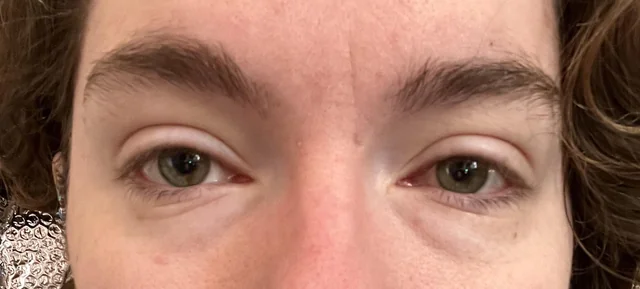
Image source: Reddit
Lack of sleep and chronic fatigue can impair cognitive function and balance mechanisms, increasing the risk of vertigo and dizziness. Prioritizing rest, establishing a consistent sleep schedule, and practicing good sleep hygiene can help manage vertigo symptoms related to fatigue.
24. Ear infections could be the cause
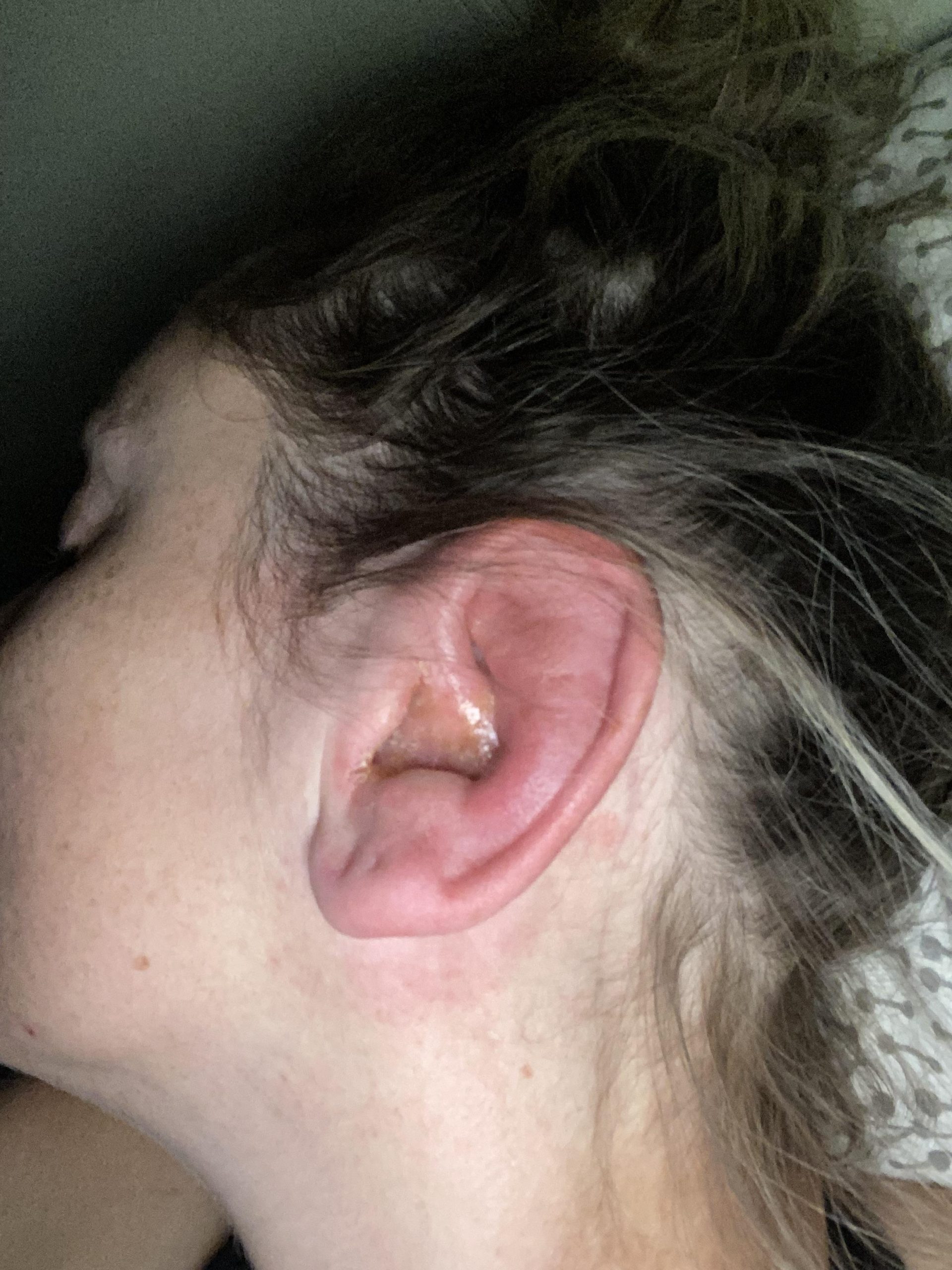
Image source: Reddit
Infections of the middle or inner ear, such as otitis media or otitis interna, can disrupt the delicate structures responsible for balance and equilibrium. Common symptoms of ear infections include vertigo, ear pain, hearing loss, and fluid drainage from the ear canal.
25. Too much caffeine
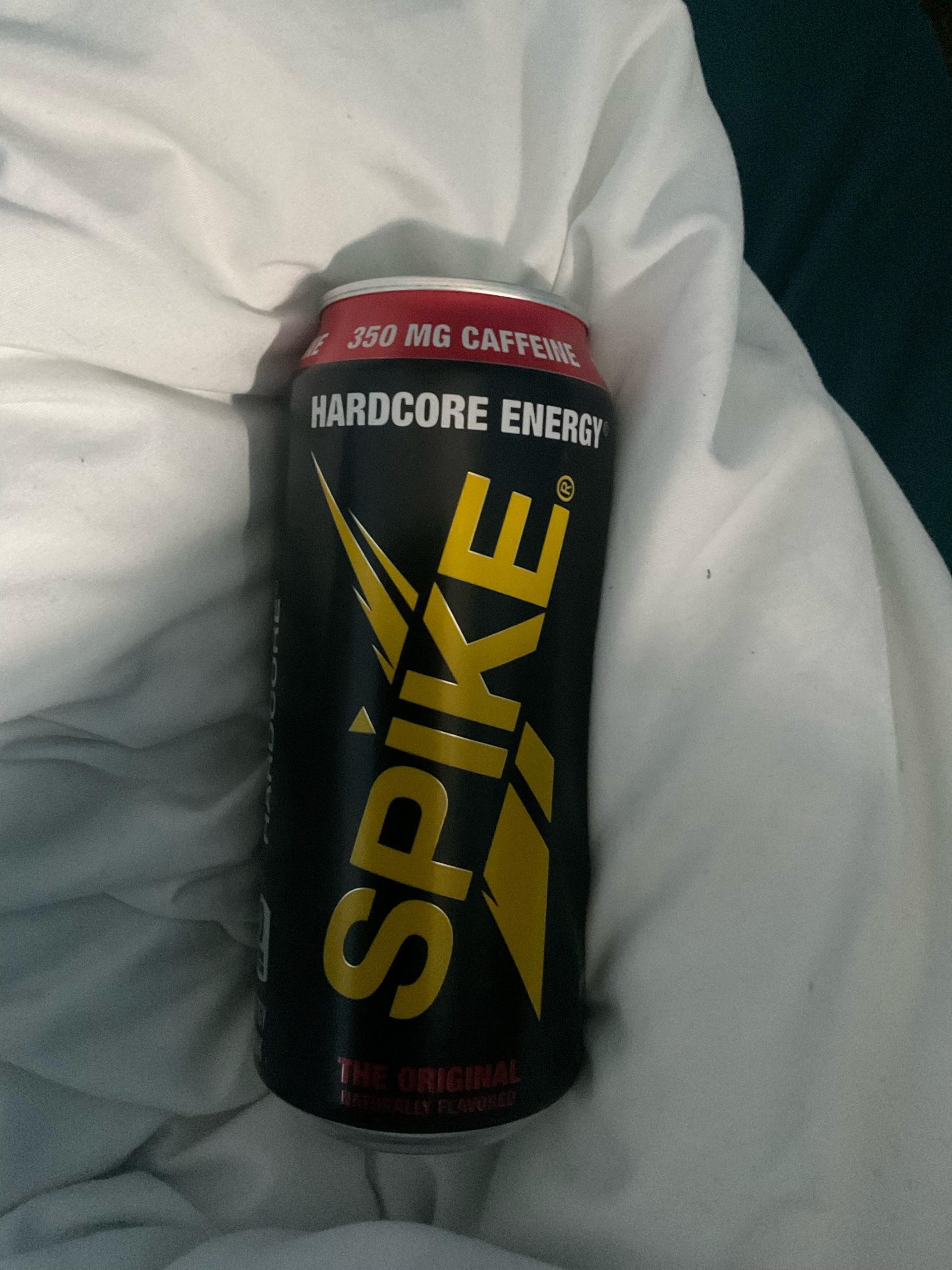
Image source: Reddit
Caffeine acts as a central nervous system stimulant and can trigger or exacerbate vertigo symptoms in sensitive individuals. Cutting back on caffeine-containing beverages such as coffee, tea, and soda may help alleviate vertigo episodes. It's certainly worth a try.
26. Here's some natural ways that may treat symptoms of vertigo -
Epley maneuver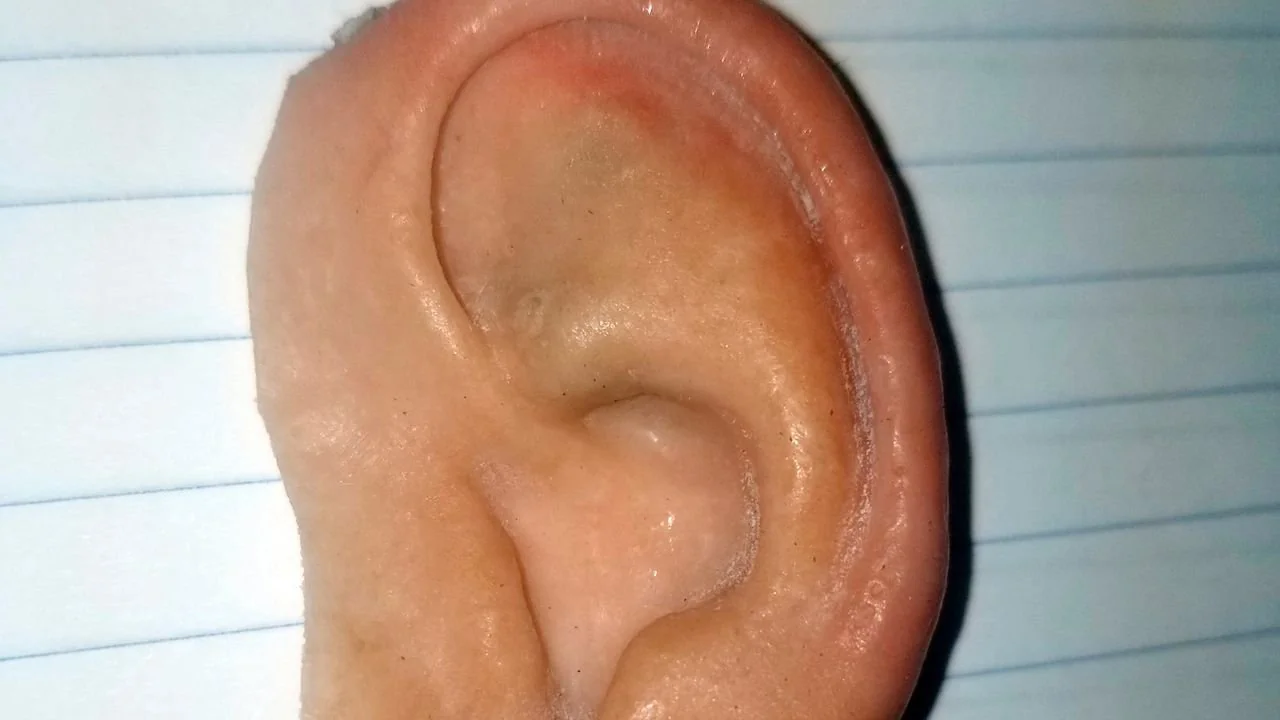
Image source: Reddit
The Epley maneuver is a series of head movements performed to reposition displaced calcium carbonate crystals in the inner ear canals, particularly in cases of BPPV. It involves a sequence of head tilts and turns designed to move the crystals out of the semicircular canals.
27. Vestibular rehabilitation exercises
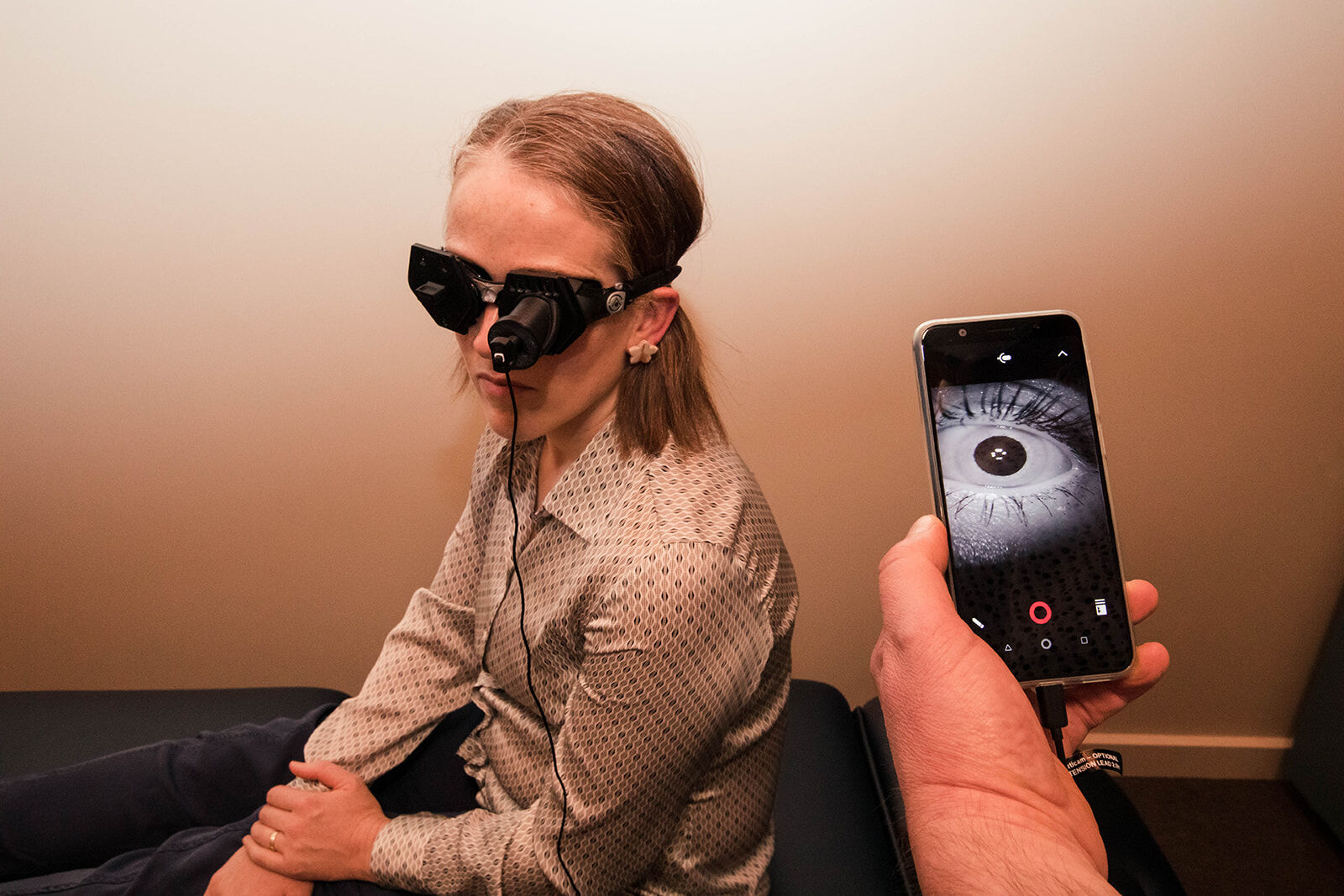
Image source: Insider
Vestibular rehabilitation therapy involves customized exercises and maneuvers designed to improve balance, reduce dizziness, and enhance vestibular function. Exercises may include gaze stabilization, balance training, and habituation exercises to desensitize the vestibular system to motion.
28. Simple fresh ginger

Image source: Reddit
Ginger has so many health benefits. It has anti-inflammatory and anti-nausea properties that may help alleviate vertigo symptoms, particularly nausea and vomiting. It can be consumed in various forms, such as ginger tea, ginger supplements, or raw ginger slices.
29. Hydration is key

Image source: Reddit
Adequate hydration is essential for maintaining proper fluid balance in the body and inner ear. Drinking water throughout the day helps prevent dehydration, which can exacerbate vertigo symptoms. We always hear abut staying hydrated but the benefits are too many to mention.
30. Avoiding certain triggers

Image source: Reddit
Identifying and avoiding triggers such as caffeine, alcohol (go for a non alcoholic wine), nicotine, and certain medications can help reduce the frequency and severity of vertigo episodes. Keeping a diary of vertigo episodes and associated triggers may help pinpoint specific triggers.
31. Stress Management can be helpful
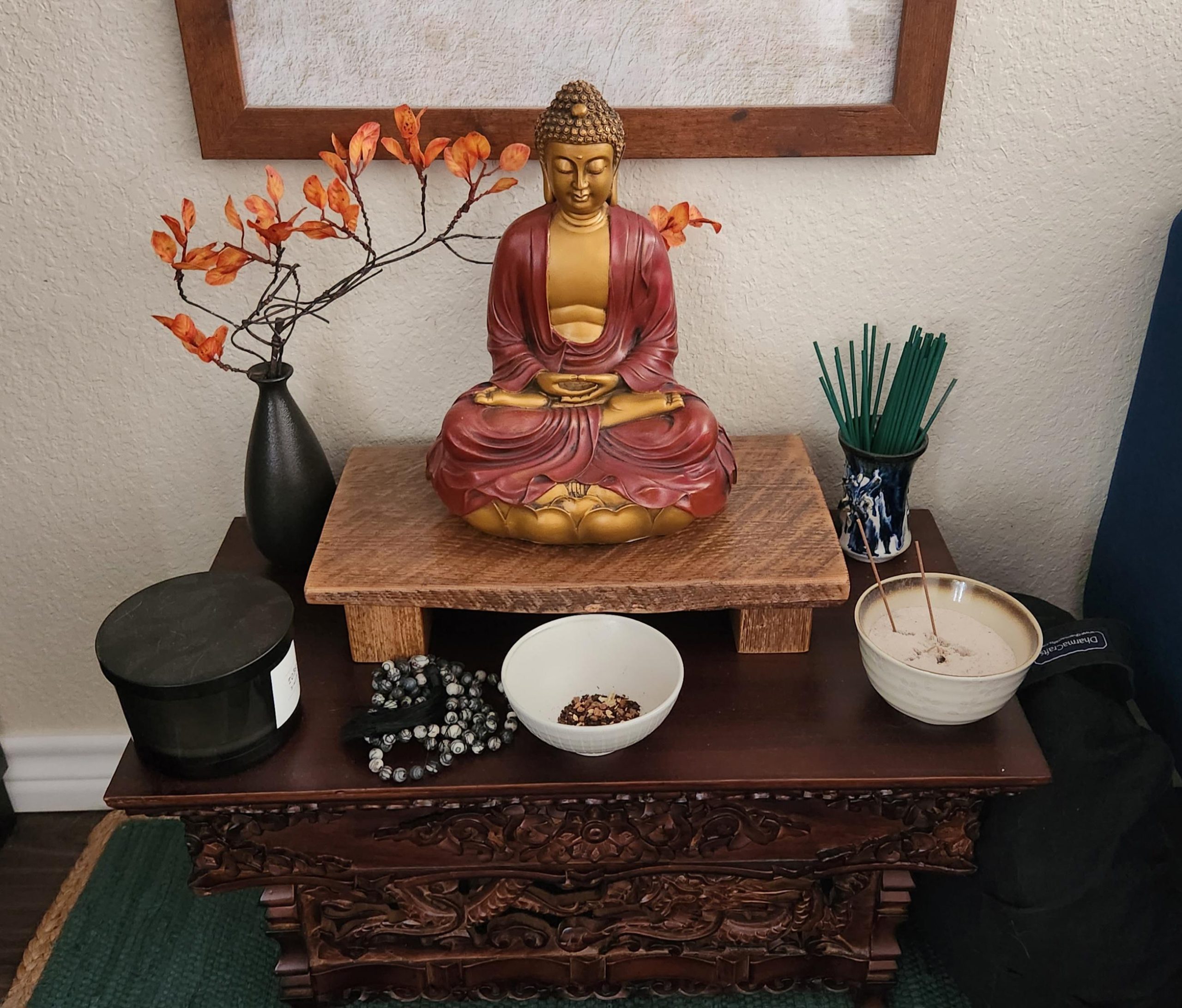
Image source: Reddit
Stress-reduction techniques such as deep breathing exercises, meditation, progressive muscle relaxation, and mindfulness-based stress reduction can help alleviate vertigo symptoms. Managing stress can also improve overall well-being and reduce the likelihood of vertigo triggers.
32. Take adequate rest
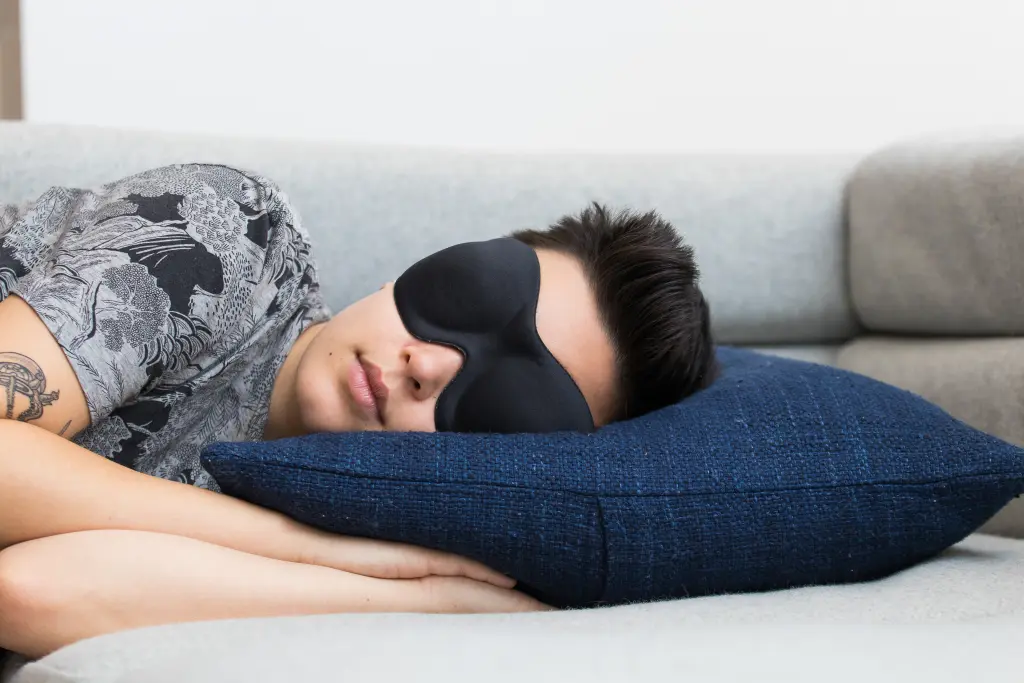
Image source: The New York Times
Ensuring sufficient sleep and rest is essential for overall health and may help reduce fatigue-related vertigo symptoms. Establishing a regular sleep schedule and creating a relaxing bedtime routine can promote restful sleep. Once the routine has set in, the schedule will become easier.
33. Stick to a healthy diet

Image source: Reddit
Following a balanced diet rich in fruits, vegetables, whole grains, lean proteins, and healthy fats supports overall health and may help reduce vertigo symptoms. Limiting sodium intake can help prevent fluid retention in the inner ear, which may exacerbate vertigo.
34. Physical activity, even low impact

Image source: Reddit
Engaging in regular physical activity promotes cardiovascular health, improves circulation, and enhances overall balance and coordination. Low-impact exercises such as walking, swimming, yoga, and tai chi can be beneficial for individuals with vertigo.
35. Acupressure may promote healing
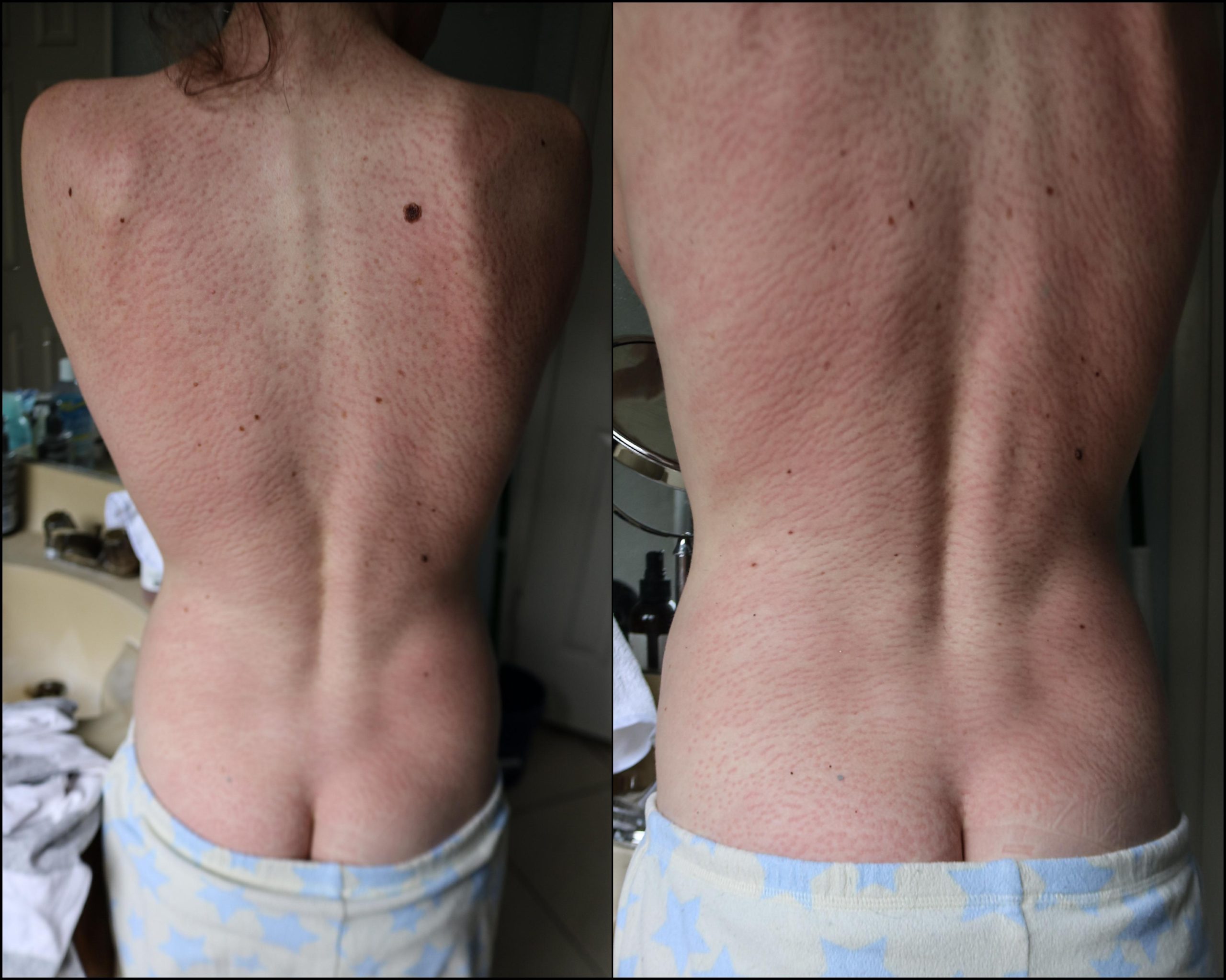
Image source: Reddit
Acupressure could help. It involves applying pressure to specific points on the body to alleviate symptoms and promote healing. Some individuals find relief from vertigo symptoms by targeting acupressure points associated with balance and inner ear function.
36. Hydrotherapy and cold packs
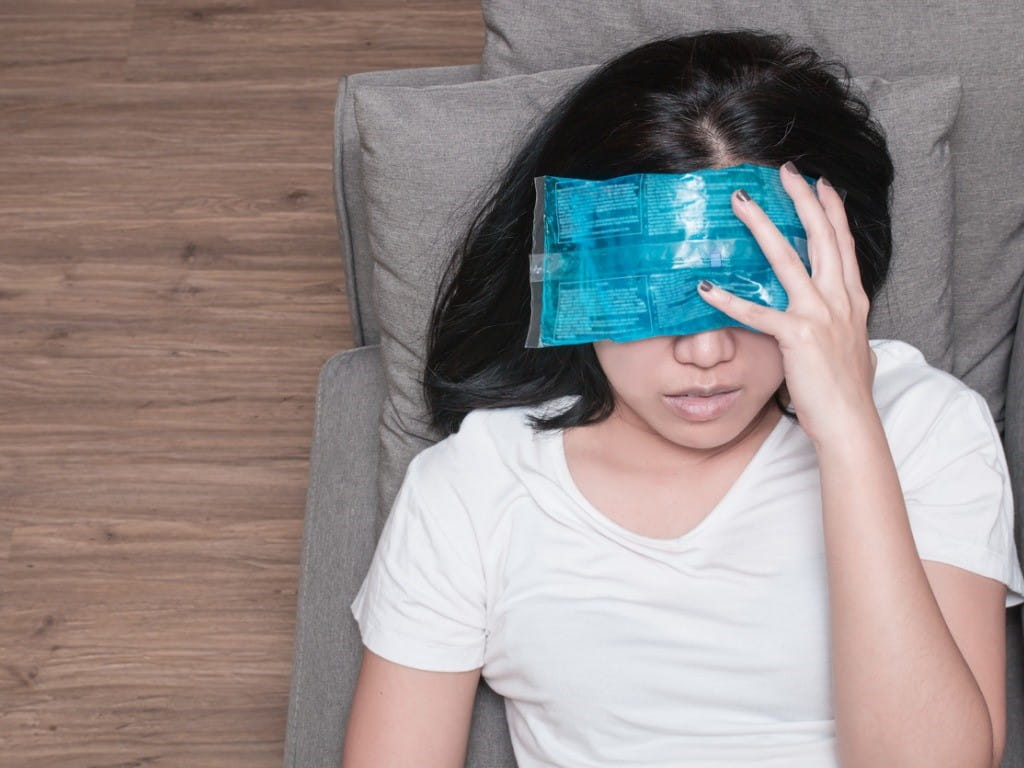
Image source: Quora
Hydrotherapy, including warm compresses, cold packs, and contrast baths, can help alleviate muscle tension, reduce inflammation, and improve circulation in the neck and head region. Alternating between hot and cold applications may provide relief from vertigo symptoms and promote relaxation.
37. Herbal remedies that have been used for years

Image source: Reddit
Certain herbal supplements, such as ginkgo biloba, butterbur, and valerian root, have been used traditionally to alleviate vertigo symptoms and support overall vestibular health. It's important to consult with a healthcare professional before using herbal remedies, as they may interact with medications you are using.
38. Aromatherapy - inhaling natural oils

Image source: Reddit
Aromatherapy involves the use of essential oils derived from plants to promote relaxation, reduce stress, and alleviate symptoms of vertigo. Inhalation of calming essential oils such as lavender, peppermint, and chamomile may help soothe vertigo-related nausea and anxiety.
39. Biofeedback techniques to reduce stress
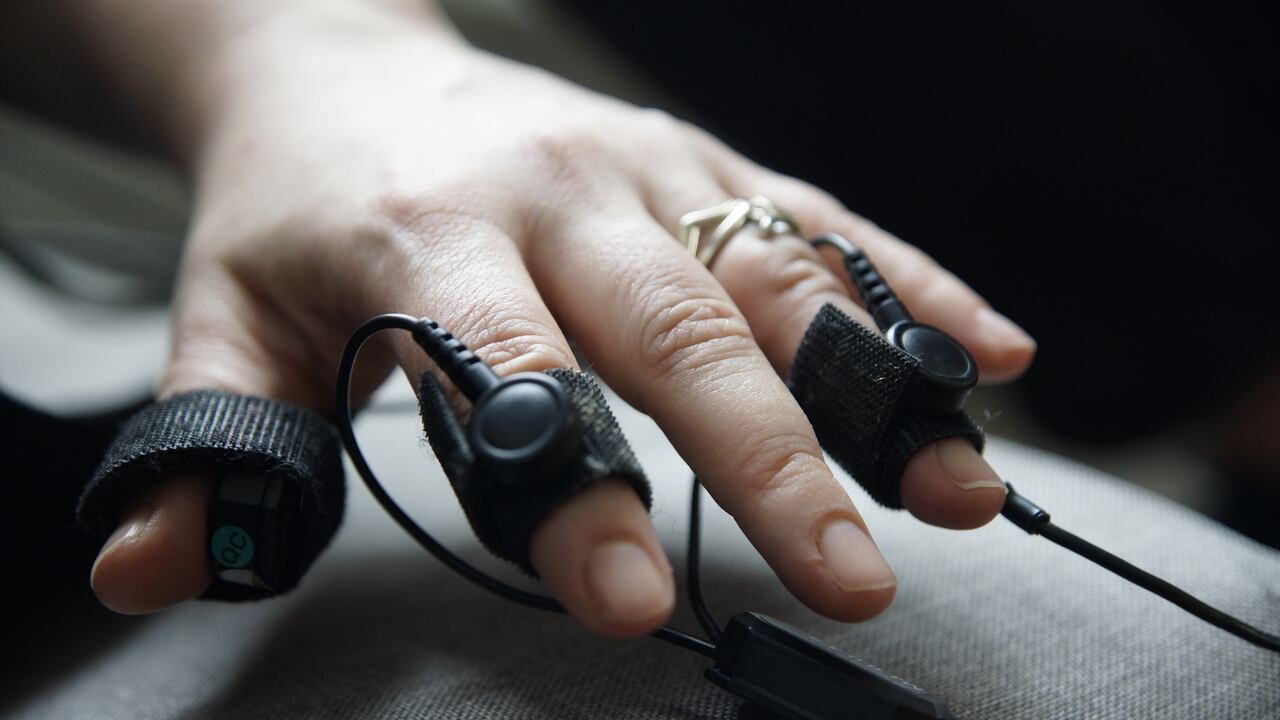
Image source: Reddit
Biofeedback techniques aim to increase awareness and control over physiological responses such as heart rate, blood pressure, and muscle tension. Biofeedback training may help individuals with vertigo learn to regulate their autonomic nervous system and reduce stress-induced vertigo symptoms.
40. Try tai chi
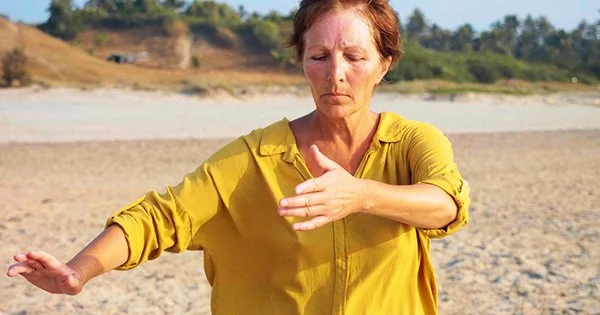
Image source: Reddit
Mind-body practices such as tai chi, qigong, and mindful movement promote balance, coordination, and relaxation through gentle, flowing movements and focused breathing. Regular practice of mind-body exercises can improve proprioception, body awareness, and vestibular function, reducing the frequency and severity of vertigo episodes.
41. Chiropractic care could be the answer
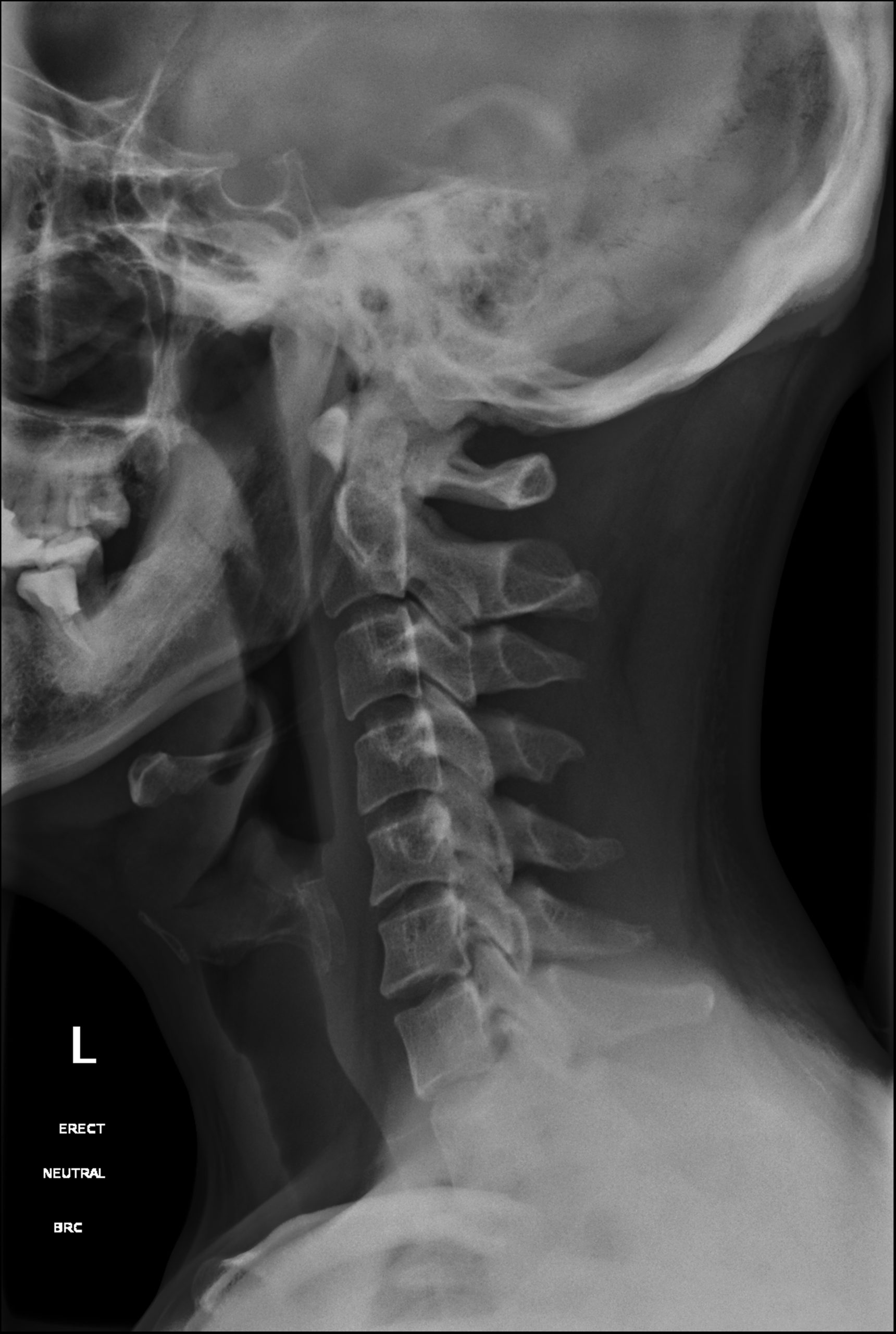
Image source: Reddit
Chiropractic adjustments and manipulations may help alleviate vertigo symptoms by realigning the spine, improving nerve function, and restoring proper communication between the brain and vestibular system. Gentle cervical spine adjustments and mobilization techniques may be used to address cervical spine dysfunction contributing to vertigo.
42. Breathing exercises and techniques
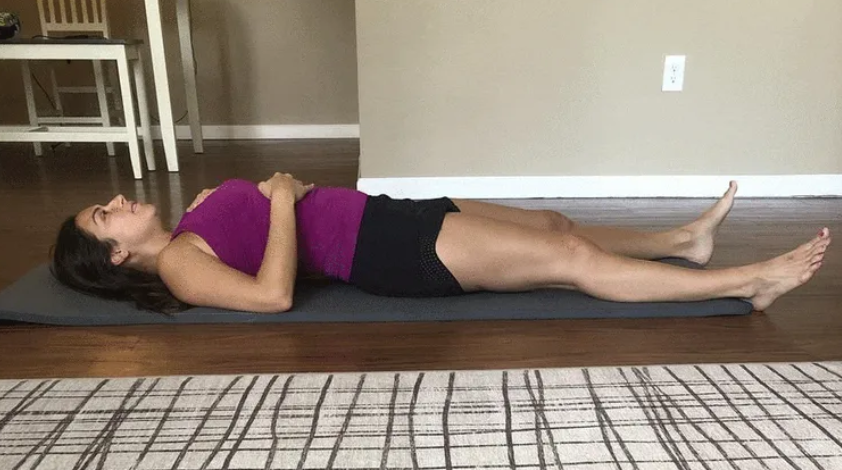 Image source: The Today Show
Image source: The Today Show
Deep breathing exercises, diaphragmatic breathing, and other breathing techniques can help reduce stress, increase oxygenation, and promote relaxation, which may alleviate vertigo symptoms. Focused breathing exercises can help individuals regain control over their breathing patterns and reduce hyperventilation-induced dizziness.
43. Homeopathic remedies to address vertigo

Image source: Reddit
Homeopathic remedies such as Cocculus indicus, Conium maculatum, and Gelsemium may be used to address vertigo symptoms and restore balance in individuals with vestibular disorders. Homeopathic treatments are selected based on the individual's unique symptom profile and may be used as adjunctive therapy alongside conventional treatments.
44. Acupuncture to stimulate energy flow
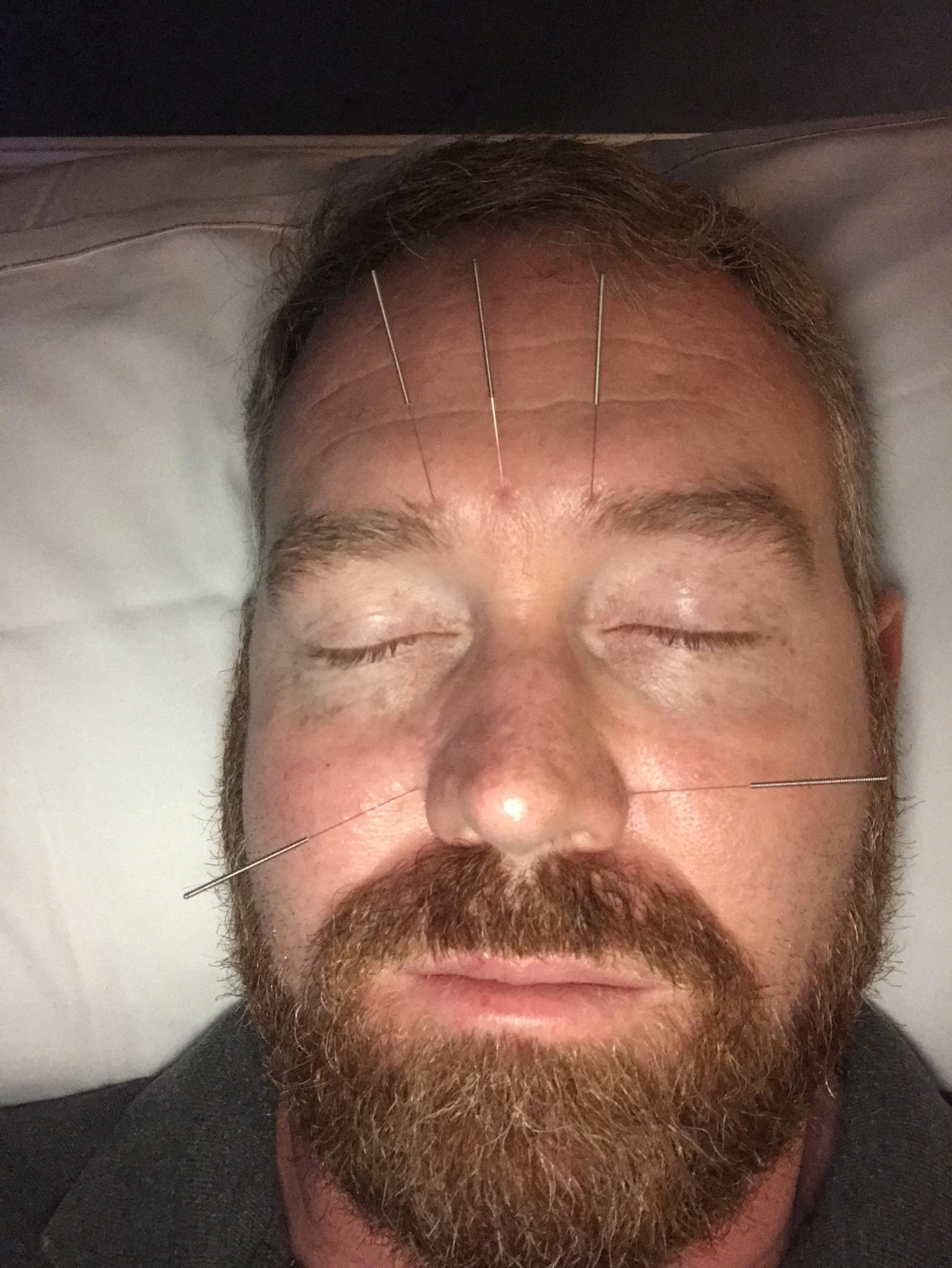
Image source: Reddit
Acupuncture involves the insertion of thin needles into specific acupuncture points to stimulate the body's energy flow and promote healing. Acupuncture may help regulate vestibular function, improve circulation, and reduce inflammation, leading to relief from vertigo symptoms in some individuals.
45. Magnesium supplementation may help
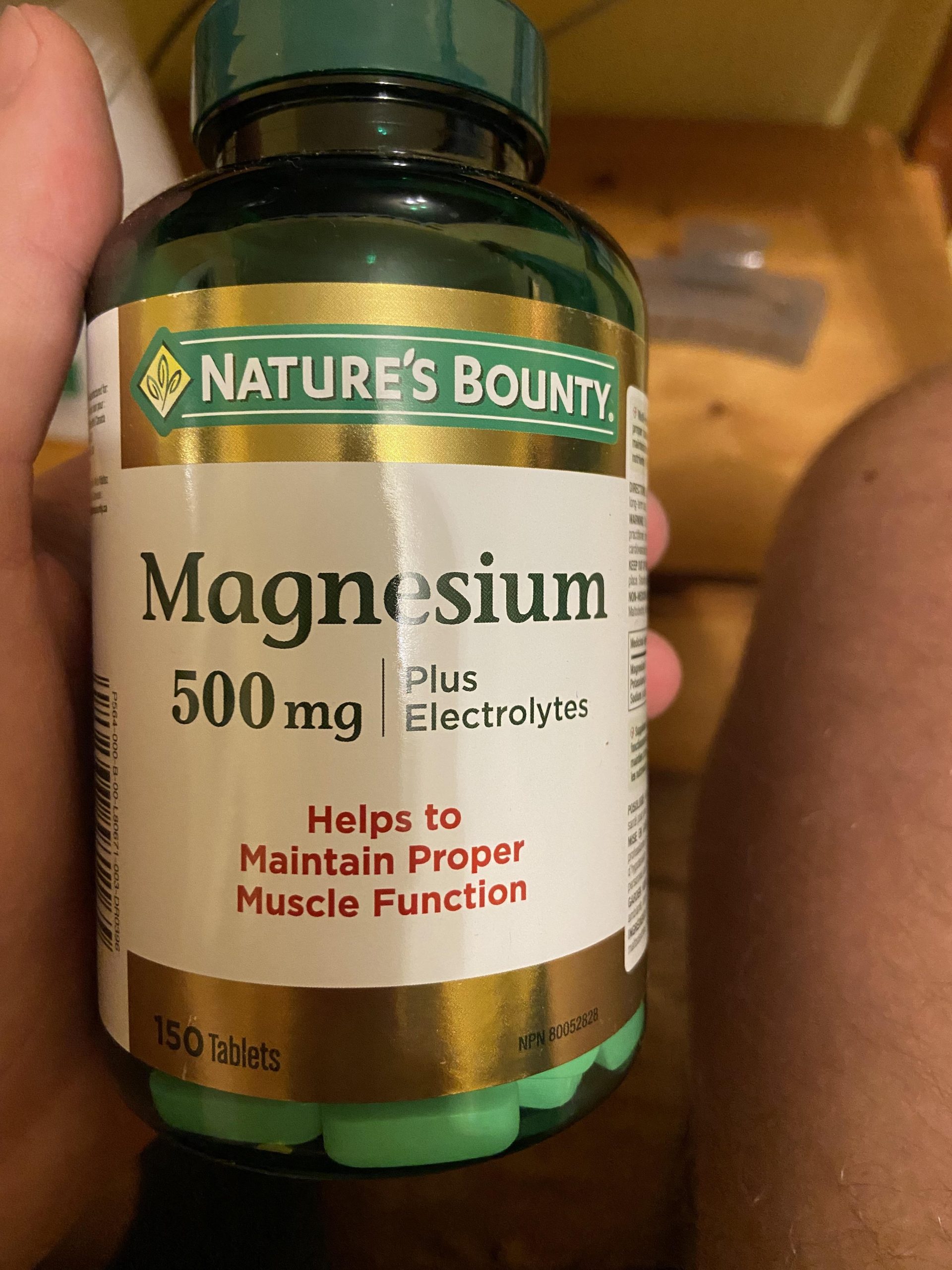
Image source: Reddit
Magnesium deficiency has been linked to vestibular dysfunction and vertigo in some studies. Supplementing with magnesium may help stabilize inner ear function, regulate neurotransmitter activity, and reduce the frequency and severity of vertigo episodes.
46. Take vitamin D
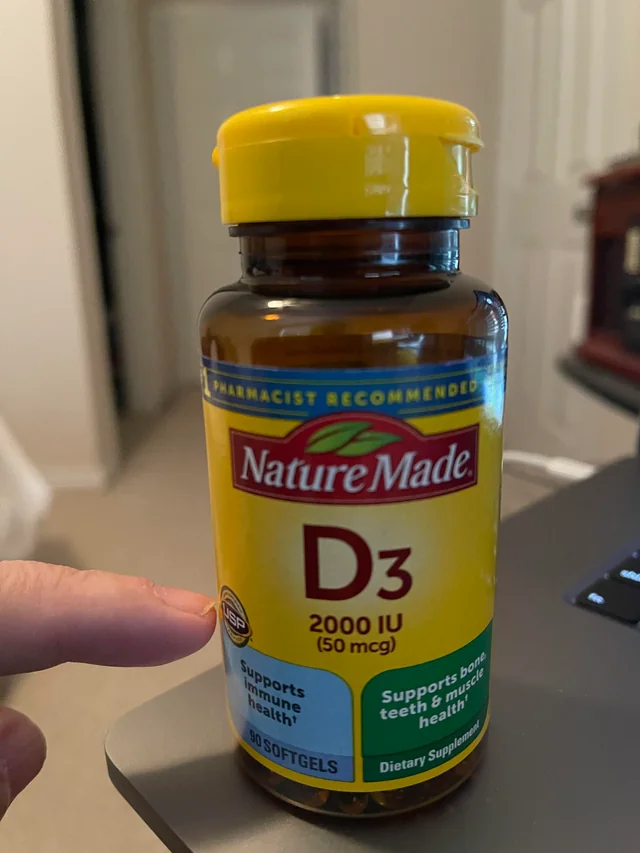
Image source: Reddit
Vitamin D deficiency has been linked to balance disorders and vertigo. Spending time outdoors in the sunlight can help your body naturally produce vitamin D. Additionally, you can include vitamin D-rich foods in your diet such as fatty fish, fortified dairy products, and eggs.
47. Stay as active as possible
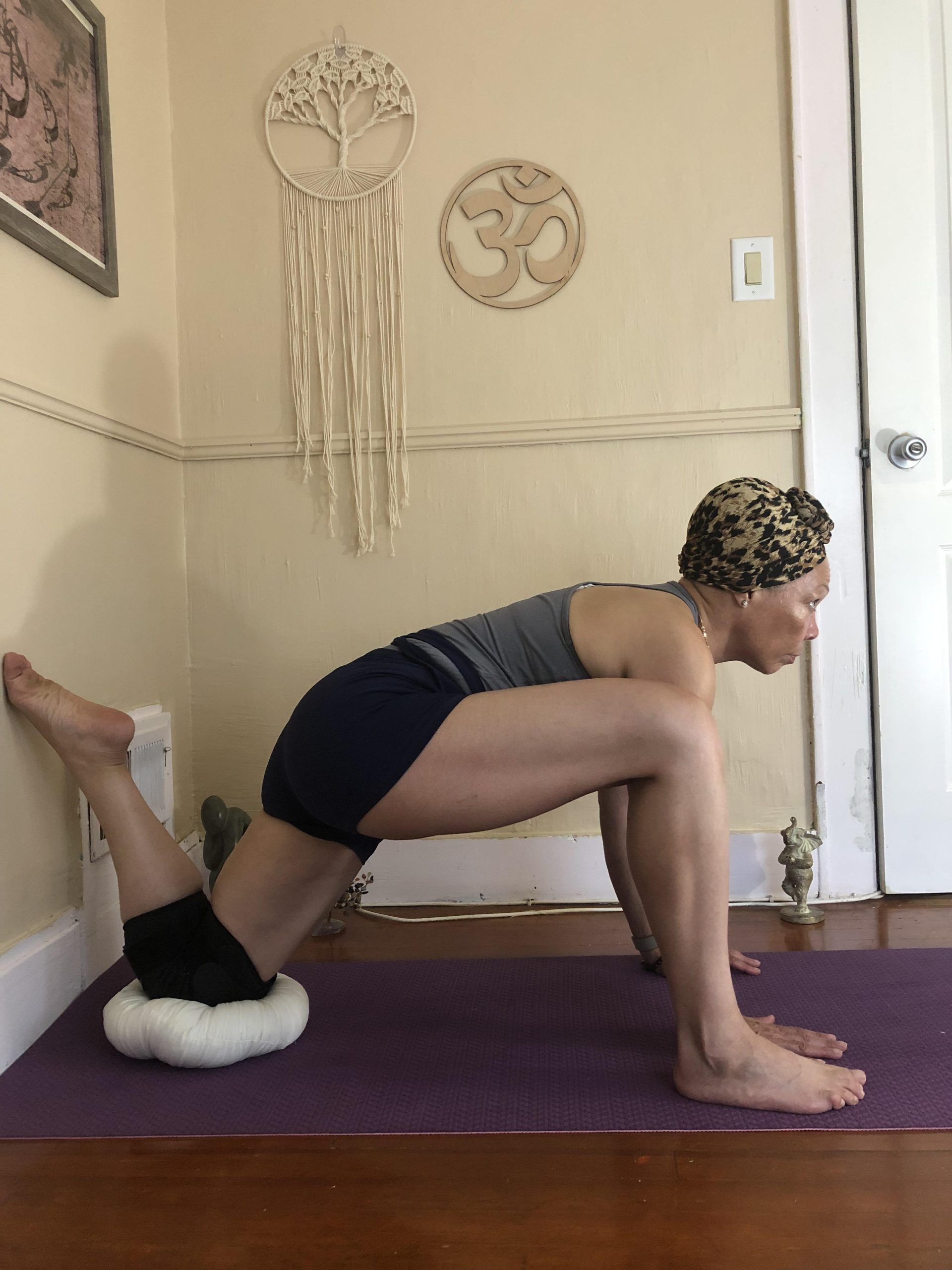
Image source: Reddit
Regular physical activity can help improve balance and reduce the frequency of vertigo episodes. Engaging in activities like walking, swimming, or gentle yoga can strengthen the muscles that support balance and coordination. It can make you feel better overall.
48. Avoid sudden head movements
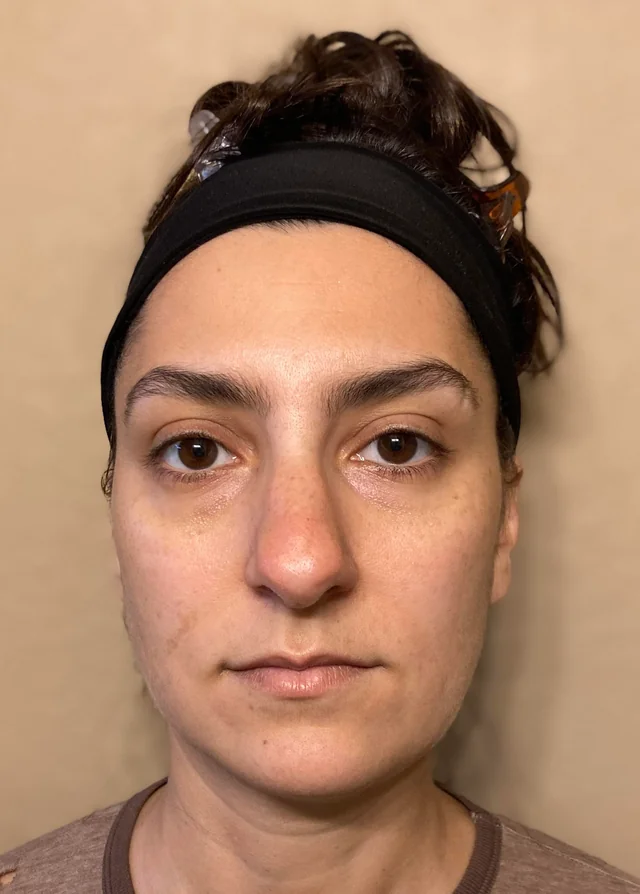
Image source: Reddit
Certain factors can trigger or worsen vertigo symptoms. These triggers may include sudden head movements, bright lights, loud noises, or environments with a lot of visual stimulation. Identifying and avoiding these triggers can help reduce the frequency and severity of vertigo episodes.
49. Move slowly when getting out of a chair
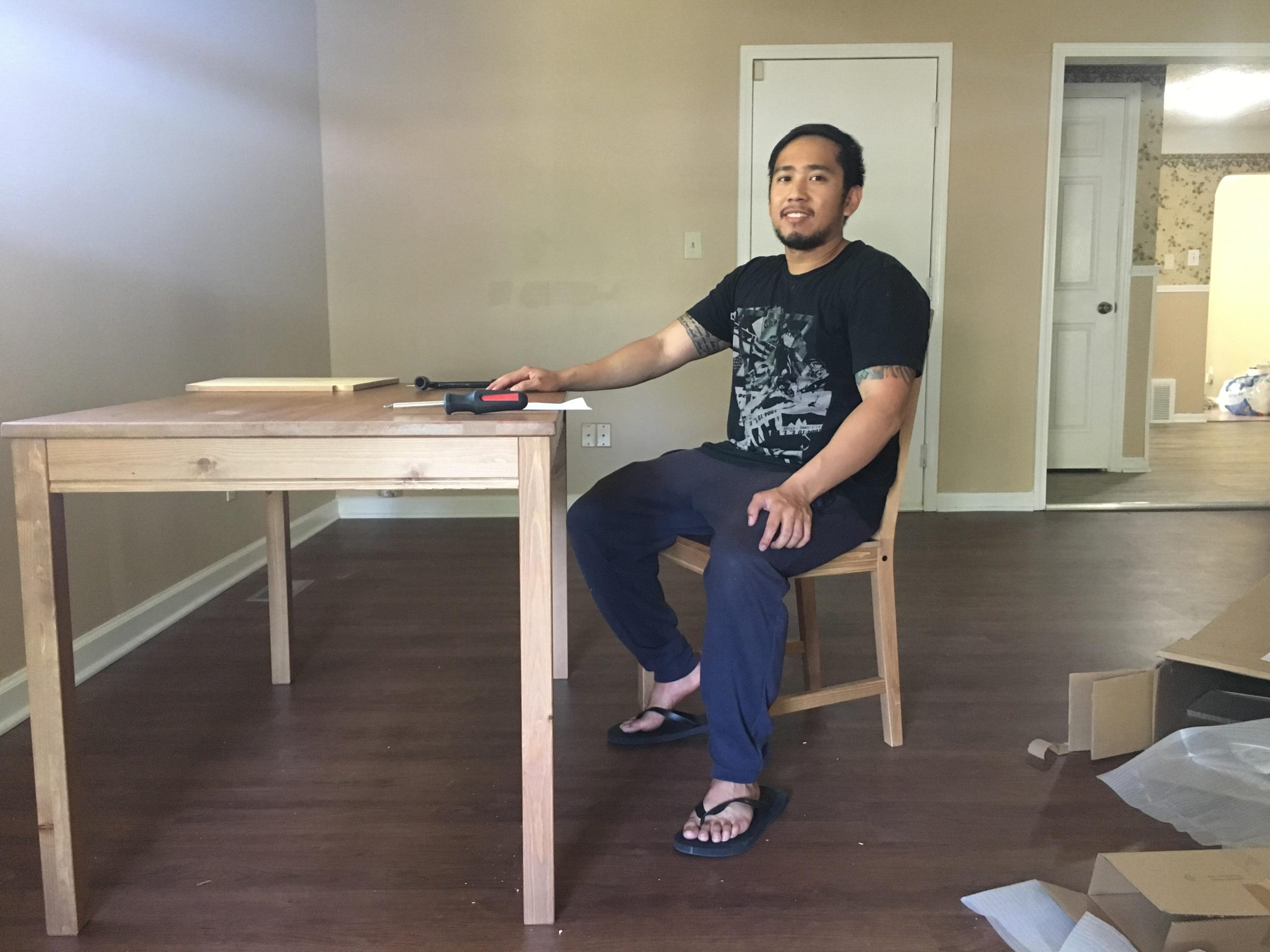
Image source: Reddit
To minimize the risk of vertigo episodes triggered by positional changes, move slowly and gradually when transitioning between different positions, such as from lying down to sitting, and also from sitting to standing. This gives the body and inner ear the time to adjust to the changes in position, reducing the likelihood of vertigo symptoms.
50. Limit your salt intake

Image source: Reddit
High salt intake can contribute to fluid retention in the body, including the inner ear, which may worsen vertigo symptoms. Reducing your salt intake by avoiding processed and salty foods can help alleviate fluid build up and decrease the severity of vertigo episodes. Opt for fresh, whole foods and season your meals with herbs and spices instead of salt.



 Image source: Insider
Image source: Insider Image source: Reddit
Image source: Reddit Image source: Reddit
Image source: Reddit

 Image source: Reddit
Image source: Reddit


 Image source: Reddit
Image source: Reddit Image source: Vox
Image source: Vox
 Image source: Reddit
Image source: Reddit
 Image source: Reddit
Image source: Reddit

 Image source: Reddit
Image source: Reddit



















 Image source: The Today Show
Image source: The Today Show






